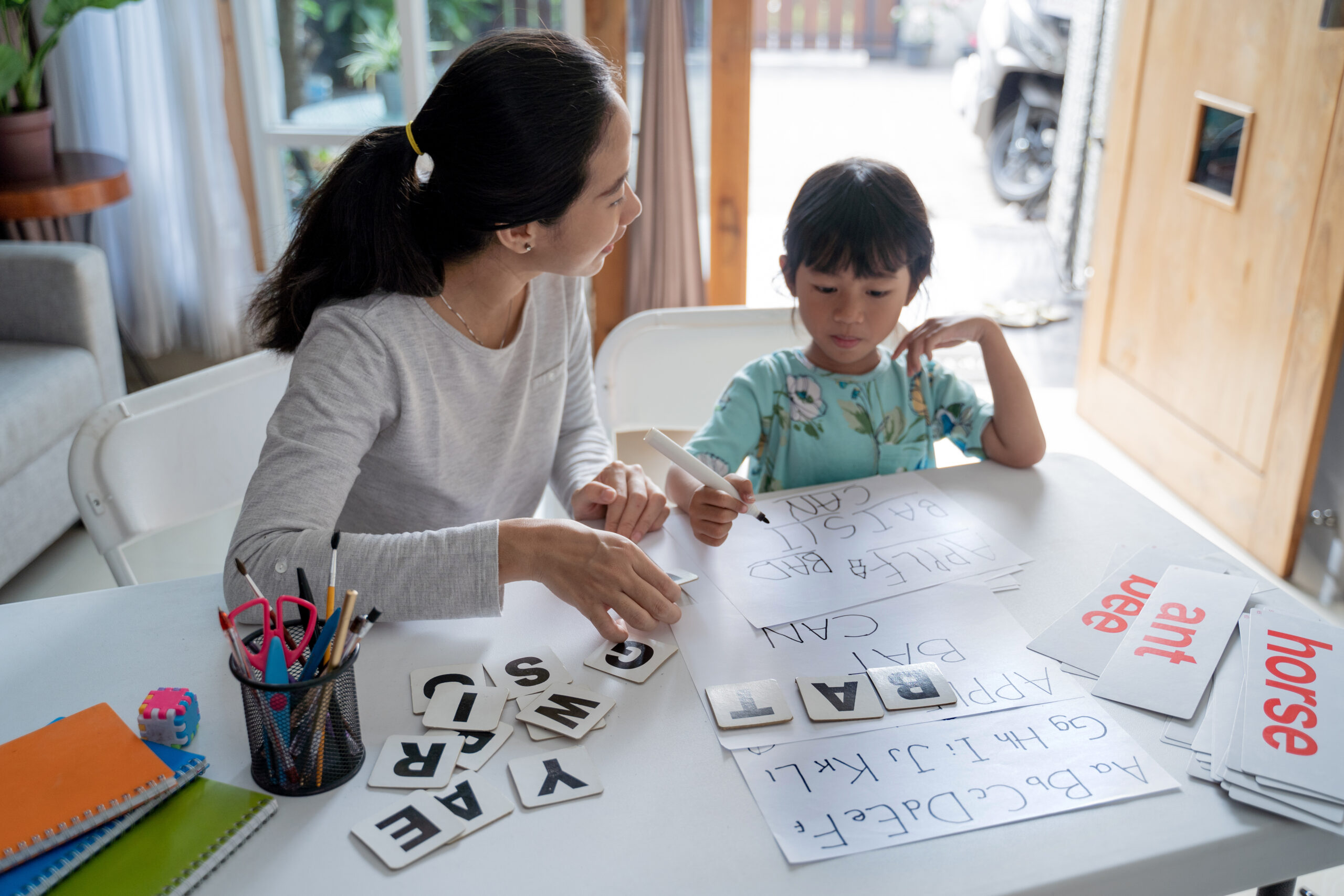State legislators are on Spring Break, and omnibus budget bills are available. An omnibus bill is made up of many other bills centered on a specific topic. State legislators use these bills to set the state budget, rather than passing individual bills for each item.
Governor Walz agreed to budget targets with House and Senate leadership for each topic area. However, the bills in the House and Senate are different, and they are different from the Governor’s budget proposal. When legislators return from break they will set up conference committees to come to compromise versions of the bills.
Provisions from early care and education are located in several bills in each body. Education, Health and Human Services, and Children and Families are where the bulk of the items are. However, Jobs/Workforce is another committee participating in this issue. It’s possible there will be relevant items in the Taxes bills as well, but those have not yet been released.
Please find an overview of early care and education provisions included in the omnibus bills and proposed by the Governor below. This is not meant to be comprehensive, but it contains many of the significant policy and funding changes for the field. We’re doing our best to make sure it’s accurate, but please let us know if you find any errors!!! policy@thinksmall.org
Funding is included for the upcoming biennium (FY24-25) and for the biennium after that (FY26-27). Because much of the state’s $17 billion surplus is one-time money instead of ongoing, legislators had to decide which funds would continue into the future and which would only be available in the near term. The numbers reflect those decisions.
For a PDF of the full chart, click here.
Early Learning Scholarships
Early Learning Scholarships allow income-eligible families to access quality early childhood programs for their children. Currently ages 3-4 are eligible and some children birth to 2 are eligible.
The Governor, House, and Senate all included an expansion of Early Learning Scholarships in their proposals, but to different degrees. Many of these changes follow the recommendations from the Great Start Task Force Report, (pg27).

Provider Retention Payments, aka Great Start Compensation Payments
These payments build off the current Child Care Stabilization Grants, which were started during the pandemic. They are monthly payments to child care programs around the state to support increased compensation and stability in the field. The Governor, House, and Senate have all proposed to continue the payments in some format going forward. This was also a recommendation from the Great Start Task Force Report, (pg52)

Child Care Assistance Program (CCAP)
The Child Care Assistance Program (CCAP) supports income-eligible families to access child care while they work, attend school, or search for a job.
The Governor, House, and Senate align on several changes and updates to the program:
- Raising the reimbursement rate to the 75th percentile
- Permanently reprioritizing the waitlist
- Updating the definition of family
Several of these are included in the Great Start Task Force Report, (pg26-27). They all propose increasing funding for the Basic Sliding Fee program, but they differ in the amounts.

Voluntary Pre-K/Mixed Delivery Pre-K
Governor Walz proposed to greatly expand programming for four-year-old children via public schools, licensed child care, and Head Start. The House and the Senate did not take up this proposal but rather looked to maintain or expand on the current Voluntary Prekindergarten (VPK) model.

Department of Children, Youth, and Families
All three parties were in agreement for adding a Department of Children, Youth, and Families. Governor Walz added funding when he released his revised recommendations in March. This new department would oversee programs that support children and families and are currently housed in the Department of Human Services, the Minnesota Department of Education, the Department of Public Safety, and the Minnesota Department of Health.
For more detail on the Department, read the Governor’s proposal starting on page 558. List of programs to be transferred on page 561.

Child Care Grants through the Department of Employment and Economic DevelopmentThe Department of Employment and Economic Development (DEED) has administered grants programs to increase the supply of child care throughout the state, recognizing it is a barrier to employment when parents cannot find care for their children.
A new office of Child Care Community Partnerships was proposed for DEED by the House, Senate, and Governor. It is funded at $1 million/biennium. In addition, grant funding for the Minnesota Initiative Foundations (MIF) and local communities were proposed.

Child Care Wayfinder
Another support for expanding the supply of child care is Wayfinder, also known as the one-stop assistance network for people who are looking to start or expand a child care program. This program was included in all three proposals at $2.9 million in FY24-25 and $5.84 million in FY26-27.
By Marie Huey, Public Policy and Advocacy Staff Leader








